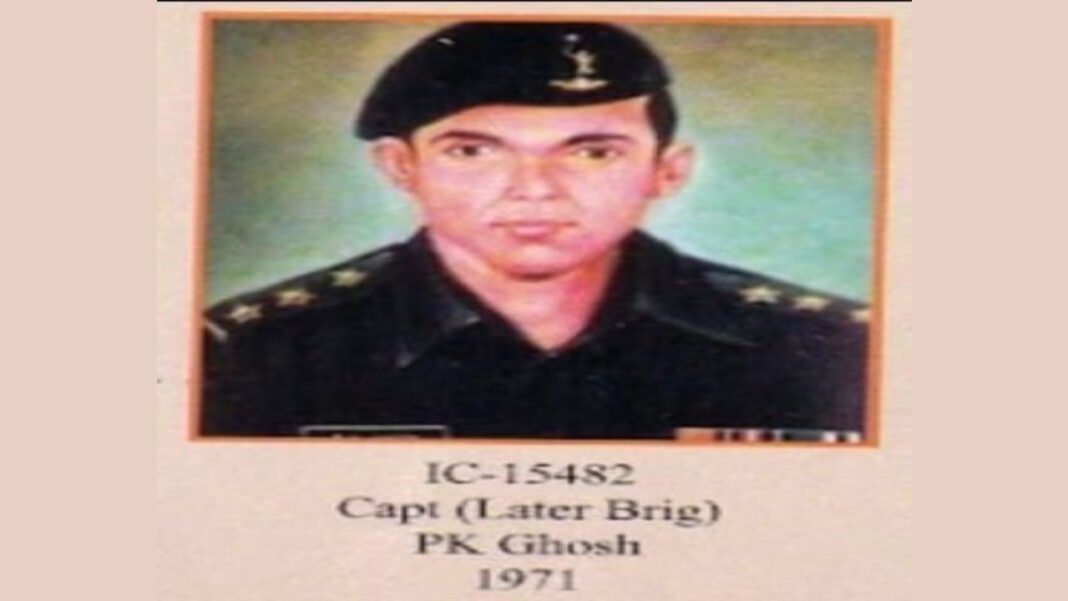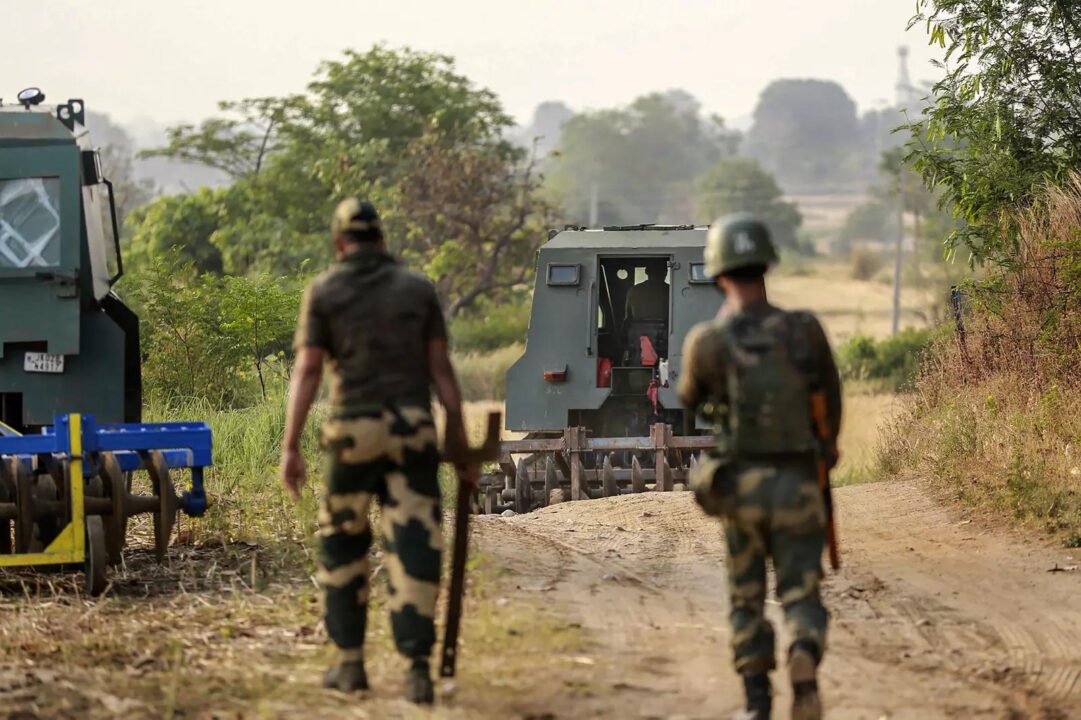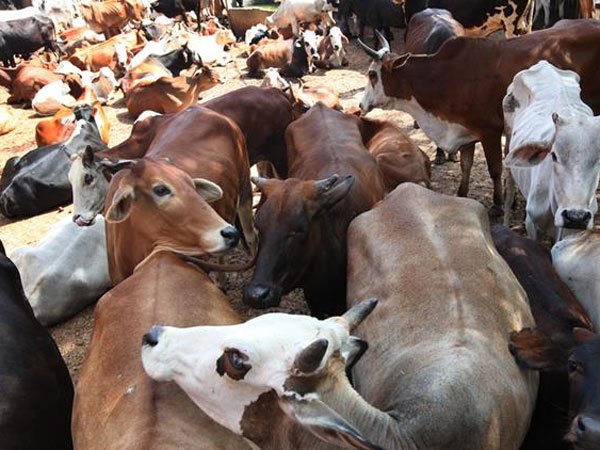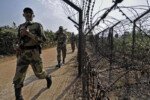AGARTALA, July 7 (PTI): Major PK Ghosh, who was instrumental in forming the Mukti Bahini or the Bangladesh Liberation Force a day after the Pakistani army unleashed a reign of terror in the neighbouring country some 52 years ago along Tripura border, is no more. He was 84.
His daughter Agomoni Ghosh said he was suffering from cancer and breathed his last in Delhi on Thursday.
“He died after some suffering that dented his health but not his spirit as he battled cancer with the same zeal as the enemies of the nation. My father is an unsung hero. His career in the army, BSF and R&AW is one of sheer professional brilliance but one that remained in shadows because of the sensitive nature of his job. He had a soft corner for Bangladesh because he was the first Indian to have fought in the 1971 Liberation War,” she told PTI.
At the time of the Liberation War, Major Ghosh was commanding four border outposts (BOP) of BSF at Sreenagar, Amlighat, Samarendraganj and Nalua in the southern part of Tripura bordering Chittagong division, then in East Pakistan.
Major Ghosh had earlier told PTI about the formation of the first Mukti Bahini group on March 26, 1971.
On March 26, 1971, Pakistan army sent an infantry battalion from Comilla cantonment to Chittagong commanded by a brigadier to counter the forces of Major Ziaur Rehaman and deployed 10-15 men for the protection of Shubhapur Road Bridge, near the Sreenagar BOP in Sabroom, the southernmost town in Tripura, he said.
The bridge was located in a strategic point, which connected Chittagong and Dhaka and was the main supply line for essentials, he added.
“Around 2pm, my East Pakistan Rifles (EPR) contact Havildar Nuruddin came to Sreenagar BOP along with Prof Obaidullah Majumdar, a member of the National Assembly, and Dr. Amir Hussain, an Awami League leader. They told us about the terror let loose by the Pakistan army on villagers including women and children and asked for immediate intervention to dislodge them,” Ghosh told PTI.
Ghosh initially did not take any action, but promised to convey their requests to higher authorities.
“They became sentimental and exerted emotional pressure on me. I took a cover name as Prof. Ali and accompanied them to investigate. The villagers came out to meet their leaders and raised slogans – Joi Bangabandhu, Joi Bangladesh. We came under a burst of LMG fire from Pakistan soldiers, but luckily there was no damage,” he said.
“Around 5 pm, the first group of Mukti Bahini with 6 EPR boys under the command of Havildar Nooruddin was formed. They took oath on the spot. (I) Deployed them in groups of 3 each, on either flank of northern end of Shubhapur bridge with clear instructions to deny entry of Pakistan soldiers in the village and water point and also to fire only one round at a time to conserve ammunition,” Ghosh said.
After returning to the Sreenagar BOP around 7 pm, Ghosh prepared a special report on the situation without mentioning his crossing over the international border.
“Next day (March 27) morning, Lt Col AK Ghose, my Commanding Officer (CO), visited our BOP and thanked me for my special report on the situation. I was hesitant, but as a loyal soldier disclosed that I had crossed over to Shubhapur yesterday. Suddenly, the attitude of my CO changed. He was furious and asked me how could I cross the international border? You might face court martial. He left in anger. I felt bad, but not sorry for my decision to stand by the ill-fated unarmed innocent civilians across the border,” Ghosh wrote in an article in BSF’s journal Border Men.
He said on the same day, there was heavy exchange of fire between Mukti Bahini and Pakistan soldiers on the Shubhapur bridge. The enemy, however, ran short of food and ammunition and surrendered before the Mukti Bahini next morning.
“This was our first victory. We hoisted the flag of Bangladesh over Shubhapur bridge in presence of a large number of villagers, who shouted slogans like – Joi Bangla, Joi Bangabandhu,” he said.
However, though he risked a court martial by crossing the border without clearance from higher ups, the powers that be later appreciated Major Ghosh’s role.
Ghosh said just as India and Bangladesh observe Victory Day in December to mark the defeat of Pakistani forces, BSF too should observe March 26 as ‘Mukti Juddha Divas’ in memory of the role they played in assisting a friendly country.
Rana Banerji, former R&AW colleague said, “PK, as he was popular with colleagues and friends, was a super professional and knew no fear.”
Suresh Dutta, former IG BSF said, “Ghosh dada was my predecessor in the BSF in Agartala, always a hotspot because of the proximity to Bangladesh’s major nerve centres. He set high professional standards not easy to emulate. A legend has passed away.”
Subir Bhaumik, author of ‘Insurgent Crossfire: Northeast India’, said Major Ghosh is a legend in Indian security circles because of his daring operations and uncanny professional instinct.
“Tragically, Bangladesh did not recognise his 1971 role and he missed out on the Liberation War medal that many lesser mortals have got,” Bhowmik said.












